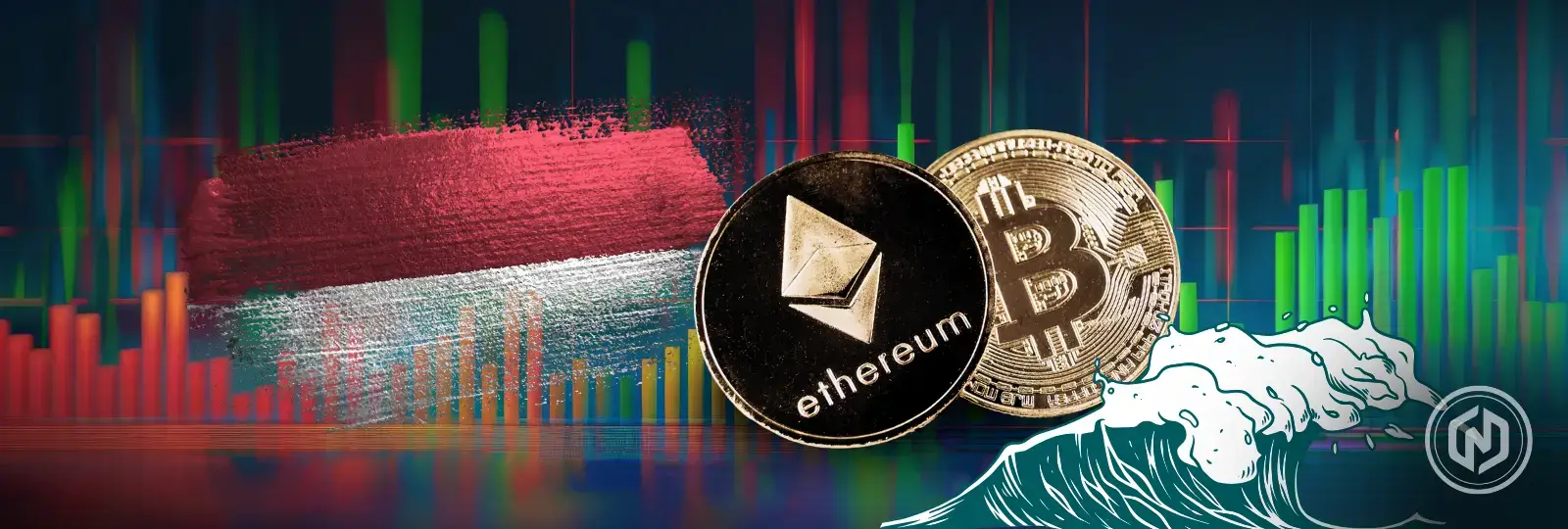Indonesia will implement increased cryptocurrency taxes beginning August 1, targeting both domestic and international trading platforms with different rate structures.
According to Reuters, the new finance ministry regulation addresses the growing popularity of digital assets in Southeast Asia’s largest economy.
Cryptocurrency adoption has surged across Indonesia, where digital assets remain legal for trading but cannot be used as payment methods.
The regulatory framework change comes as crypto transaction values tripled during 2024 to exceed 650 trillion rupiah ($39.67 billion).
Domestic vs Foreign Platform Tax Structure
Sellers using domestic cryptocurrency exchanges will pay 0.21% tax on transaction values, doubling from the previous 0.1% rate. Foreign exchange users face a more punitive 1% tax rate, increased from the former 0.2% charge.
The regulatory adjustment removes value-added tax obligations for crypto buyers, who previously paid 0.11-0.22% VAT under earlier rules.
Indonesia’s crypto user base exceeded 20 million in 2024, surpassing the country’s stock market investor population.
Cryptocurrency mining activities will incur a 2.2% VAT rate, doubling from the previous 1.1% charge.
The regulation also eliminates the 0.1% special income tax rate for mining operations, subjecting such activities to standard personal or corporate tax rates by 2026.
These changes could pressure mining profitability and potentially drive operations to relocate to more tax-friendly jurisdictions.
Binance-backed Tokocrypto welcomed the regulatory clarity while requesting a grace period for implementation adjustments. The exchange noted that the changes show Indonesia’s shift from treating cryptocurrencies as commodities to financial assets.
Industry Calls for Competitive Framework
Tokocrypto emphasized the need for stronger oversight of foreign platform transactions, supporting domestic exchange competitiveness.
The company highlighted that new crypto tax rates exceed capital gains taxes applied to stock market investments.
The exchange requested fiscal incentives to promote industry innovation and argued that higher tax rates could disadvantage Indonesia compared to regional competitors. This feedback suggests ongoing dialogue between regulators and industry participants.
The regulatory changes show Indonesia’s attempt to balance revenue generation with digital asset market development.
Implementation timeline provides limited adjustment period for market participants, potentially creating compliance challenges for exchanges and traders.


